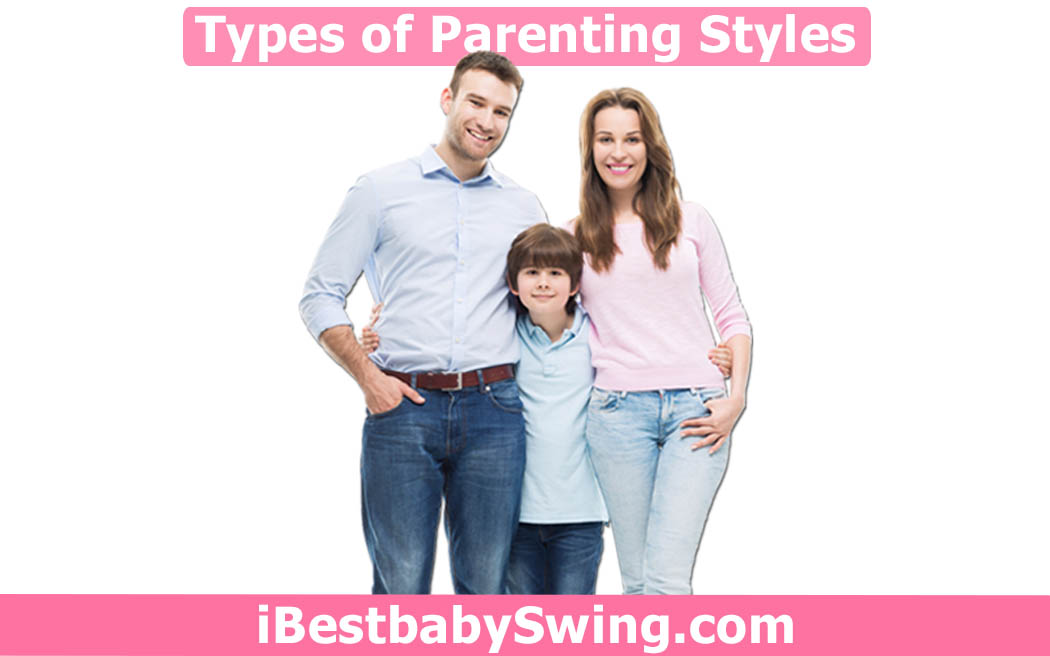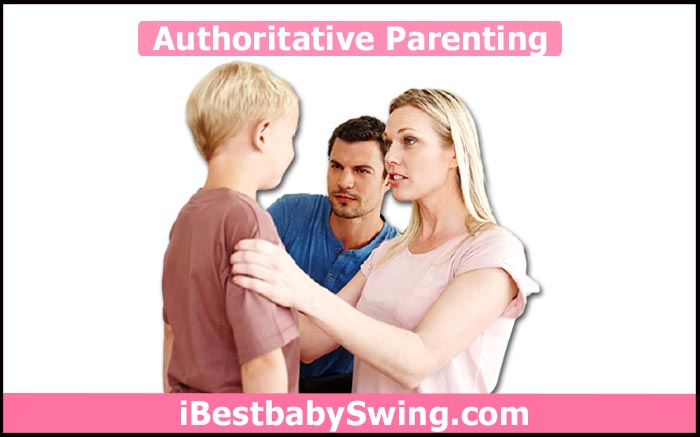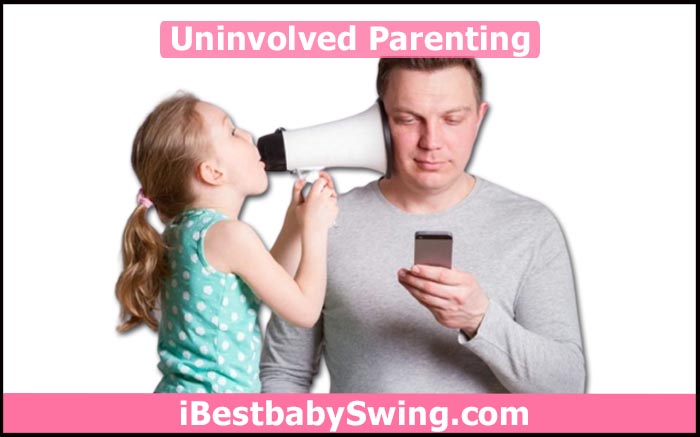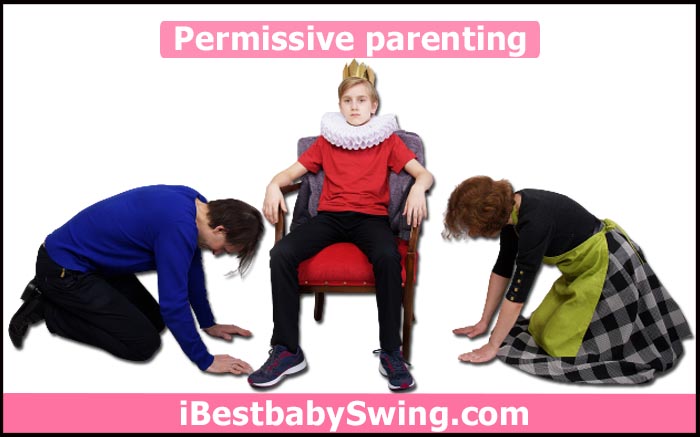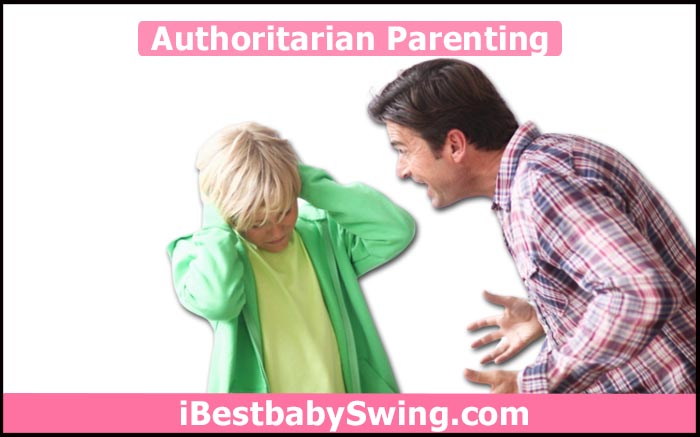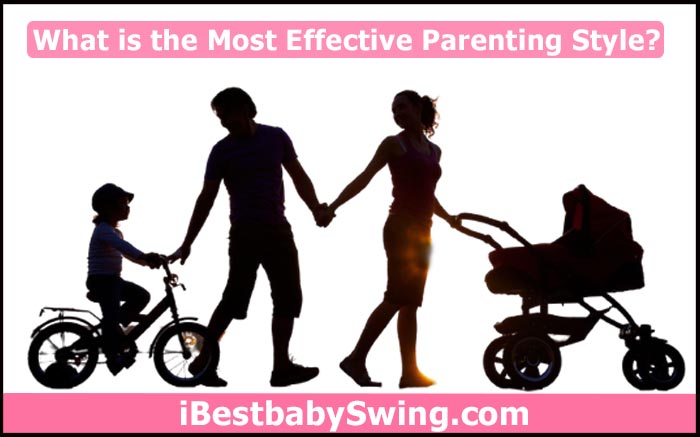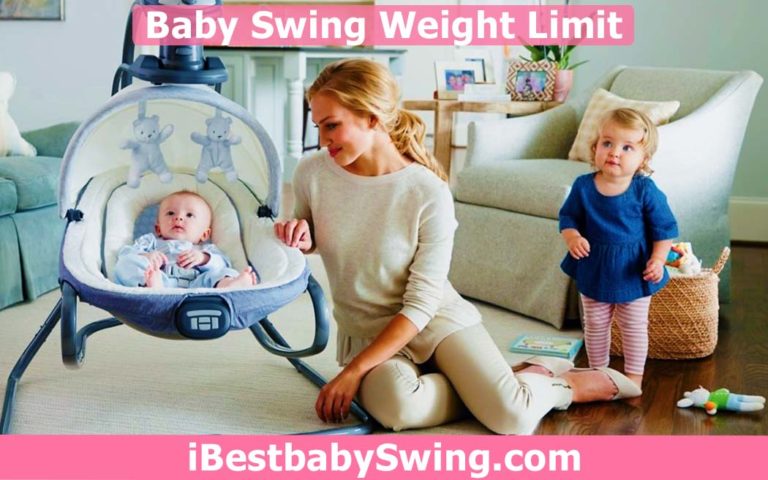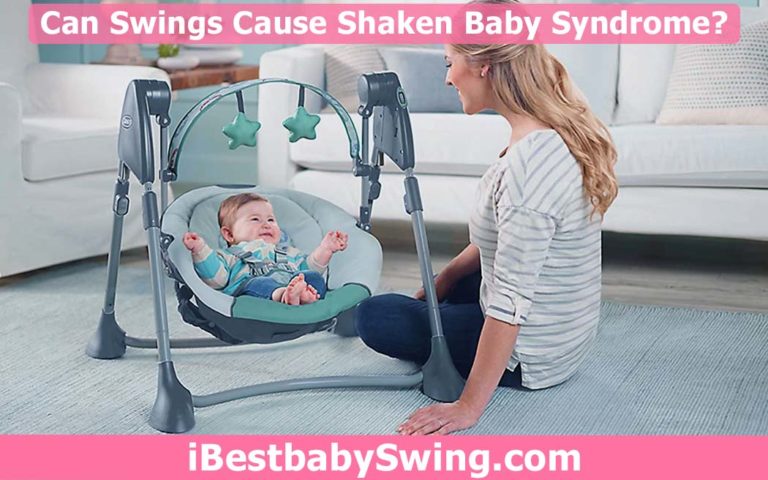Parents should focus on their parenting styles because it affects every aspect of their child. The children’s biological, psychological, emotional, and cognitive development highly depends on their parents’ parenting style. Your child’s future success in peer, romantic, and parenting relationships also depends on your parenting style. That’s why its importance shouldn’t be ignored because it will affect the children for their entire life. We have seen parents taking care of every single need of their kids, like getting toys, outdoor swings, and a lot more. Still, parenting styles consist of a lot of other factors.
In the mid-1960s, Diana Baumrind, a developmental psychologist, laid out three common parenting styles after her research at the University of California. She identified those styles as Permissive, Authoritative, and Authoritarian. Later two more researchers Martin and Maccoby identified one more parenting style and named it uninvolved/neglectful style.
Nowadays, these four types of parenting styles are being studied in psychology. Do you know about your parenting style? No? Then, let’s discuss these styles and find out which category your style falls in. It will help you not only in determining your parenting style but also in making necessary changes in your behavior.
4 Types of Parenting Styles
1. Authoritative Parenting
They are those types of parents who take an interest in their kids’ activities and consider their opinions. However, they have a set of rules that their kids have to follow. They set high expectations and make sure that parents are in charge. They adopt this style to teach their children values and ethics. In western culture, this style is considered to be the most optimal and beneficial for children.
So, are you an authoritative parent? Don’t know? Then match your situation with the following conditions; if they are similar to yours, you are an authoritative parent.
- Set some disciplinary rules for kids while considering their opinions and feelings as well. Also, explain the reasons behind those rules.
- Very caring and protective.
- They always expect higher and define clear goals for their children and expect them to put effort into it to achieve such goals.
- They put their time and energy into eliminating behavioral problems before they start.
- Such parents make a lot of effort in reinforcing good behavior among their children. They praise their children and even reward them for their good behavior.
- They frequently communicate with their children on their level of understanding to understand their feelings, emotions, and thoughts.
The outcome of this style
2. Uninvolved/Neglectful Parenting
Such parents have low expectations from their children and don’t take much interest in children’s activities. Either they are less interested in parenting or don’t know what to do. Kids under such parenting have so much freedom about making their own decisions. Parents have little or no idea about what their child is doing. Such kids don’t get much guidance or care from their parents.
It’s not always the case that these parents are intentionally careless. Sometimes parents suffer from mental health issues or are stuck in household problems like managing house expenses. These situations can also be responsible for making parents irresponsible about their kids.
So, are you an uninvolved parent? No idea? Then match your situation with the following conditions. If the situations are similar, then you are an uninvolved parent.
- Such parents communicate very rarely with their child
- They don’t set any disciplinary guidelines for their children. Instead, they let their children do whatever they want to do.
- They have little or no idea that to whom their children are meeting or spending time.
- Such parents don’t ask their kids that what they have done for the entire day.
- They are unable to maintain a close relationship with their children.
- They don’t make much effort in fulfilling their children’s basic needs.
The outcome of this style
3. Permissive Parenting
Such parents give much response to their children and demand very low. They have very friendly behavior with their kids. They let their kids do whatever they want to do; however, they set few guidelines and directions because they believe that their children can learn better with their little involvement. Still, in the end, children make the final decision.
Is your parenting style permissive? Don’t know? Then read and match your style with the following situations. If they are similar, then you are a permissive parent.
- They have forgiving behavior towards their child. They easily forgive their children if they promise to behave nicely next time.
- The good thing about such parents is that they encourage their kids to share their problems with them. However, the bad thing about such parents is that they don’t try much to discourage their children if they make a wrong choice.
- They openly communicate with their kids and let them decide about themselves.
- Even they set some rules for their kids, but they are not very strict.
- Parents are very caring and protective.
- Parents keep their expectations very low.
- They put much effort into keeping their kids happy. In fact, they hardly say no to their children’s demands. They will get toys, food, or anything to keep them happy.
- Such parents put very little responsibility on their children’s shoulders, e.g., homework or other tasks.
The outcome of this style
Children raised under such parenting tend to have a weak sense of self-discipline. They have a serious behavioral issue: they don’t like to follow the rules or listen to any authority. They perform low in academic activities because they are less motivated towards it.
It is observed that kids raised under such parenting may likely to have low self-esteem issue, which makes them feel bad about them, thus resulting in sadness.
It is also observed that such kids usually suffer from many health problems because their parents don’t strictly restrict them from eating junk food. Also, such parents typically fail to enforce good habits in their kids, like brushing teeth which can be responsible for a dental problem like cavity in their teeth.
4. Authoritarian Parenting
In this style, parents like to put authority on their kids. They set strict rules and want their kids to follow them at any cost. They have high demands from their kids and give low responses to them. Such parents don’t like to explain the logic behind their rules; they just want their kids to follow the rules just because they said so.
Is your parenting style authoritarian? Don’t know? Then match your condition with the mention-below conditions. If they are common, then you are an authoritarian parent.
- Such parents believe in making their kids tough. They don’t like to listen to their kids’ opinions or feelings. They just set the rules because of their own beliefs and knowledge, and their kids have no other choice but to follow the rules.
- Such parents rectify their kids’ mistakes with punishment instead of teaching them with love. They want their kids to get embarrassed and feel guilty about their mistakes instead of telling them the right way to correct those mistakes.
- They don’t take care of their kids’ needs.
- Such parents don’t like their kids to get involved in solving tough problems or challenges.
The outcome of this style
Kids raised under this style tend to become insecure and less independent than their peers. They may suffer from mental issues because of continuous pressure from their parents. Since childhood, they start to believe that their opinions have no worth, which can cause low self-esteem issues among them. These kids are good at following the rules.
Continuous punishment from the parents may make their kids good at lying to save themselves from punishments. Too much strictness can be responsible for the development of aggression among kids.
What is the most effective parenting style?
Several studies and researches have found that authoritative parenting is the best among all other types of parenting styles. Even we also recommend parents to follow this style. Because in this style, parents keep their expectations high, but they also consider their child’s perspective. They stay calm and patient. Kids raised under an authoritative parenting style are happier, good decision-makers, competent, confident, and good risker assessors.
How do I know my parenting style?
You can know about your parenting style by matching your traits with the traits of each parenting style. However, it’s not always the case that you will fall into exactly one parenting style. Sometimes, people’s traits match exactly one parenting style, but sometimes, they fall into more than one category.
Conclusion
Though all parents follow their own style while raising their kids, but researchers have identified four types of parenting styles based on some common traits. Some parents fall in one, while some can fall in more categories based on their style. Several studies suggest that authoritative parenting is the best style with the most beneficial outcome.
Your wrong parenting style can ruin the personality of your kid. We know you must be following your own style, but if you want your kid to be confident, a good decision-maker, happy, and competent, then you have to change your parenting style. We know it’s not easy, but at least you can try. After all, it’s about your kids’ future. Read all types of parenting styles mentioned above, and then decide what you want your kid to become in the future.

